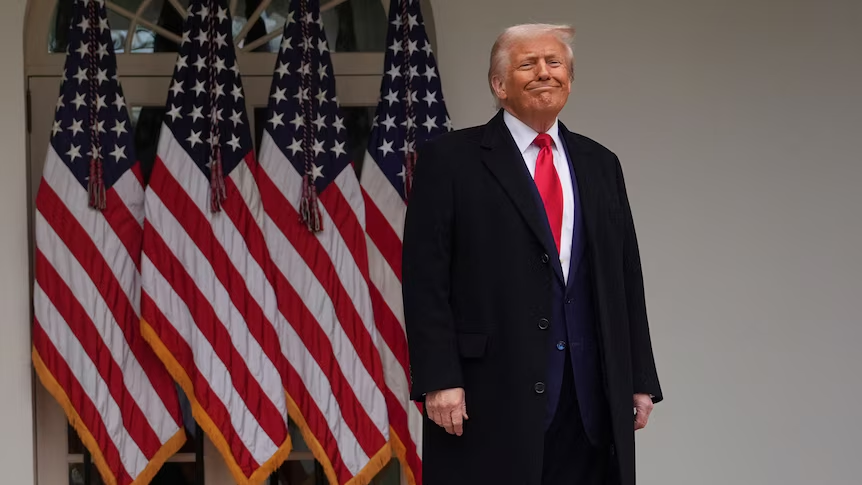The world is experiencing the ripple effects of Donald Trump’s volatile policies, specifically his imposition of tariffs on imported goods. These actions have rocked global markets and have left countries trying to adjust to the changing dynamics of international trade. With America as a key player in the world economy, Trump’s actions have extensive implications for allies as well as competitors.
The tariffs, ranging from steel to electronics, have triggered trade wars, notably between the US and China and the US and the European Union. Markets now respond to the uncertainty that has been generated by these actions as global supply chains get disrupted and inflationary pressures are building up around the world.
With the US taking a more protectionist position, doubts are raised regarding the future of global cooperation and trade agreements. Countries are compelled to re-evaluate their economic strategy and alliances as instability becomes the new reality in global affairs. The constant escalating tension is compelling nations to diversify trade alliances and think twice about relying on the US.
In light of this world uncertainty, companies and governments are rushing to adjust, realizing that the world order is in the process of drastic alteration. Whether these will usher in a new power balance or further economic hardship only time will tell.









